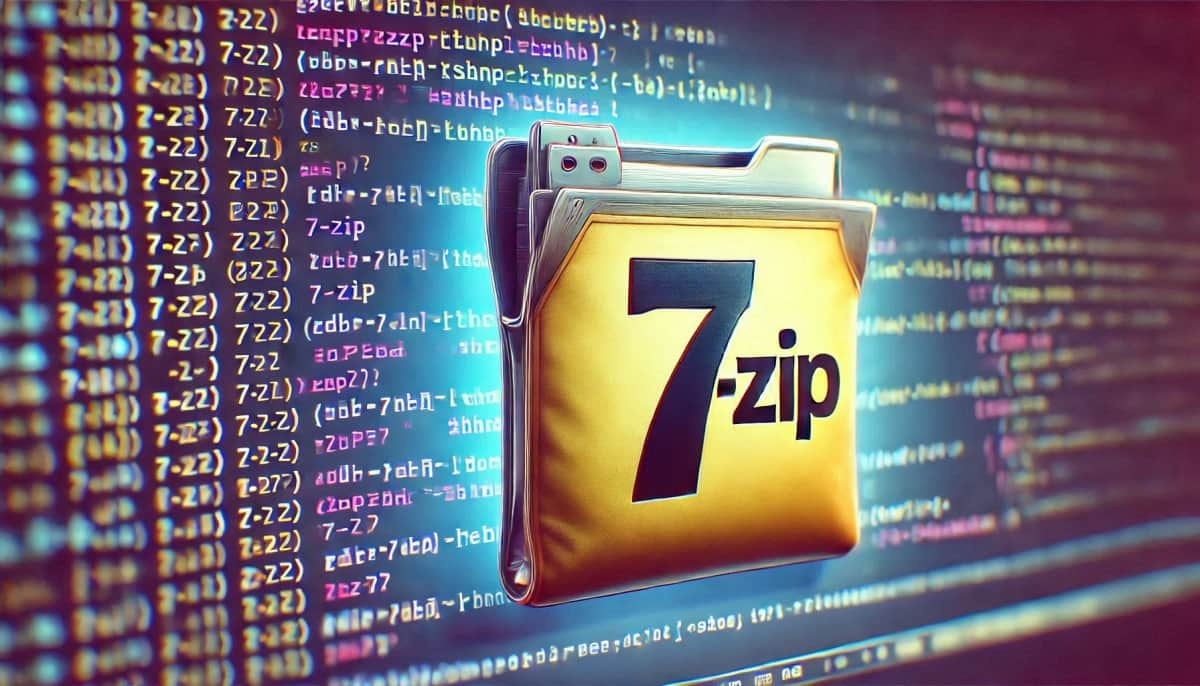In a recent turn of events, a user on the social media platform X, known as @NSA_Employee39, made bold claims about discovering a zero-day exploit for the widely used file archiver 7-Zip. This exploit, according to the user, involved a critical buffer overflow vulnerability that could potentially allow attackers to execute arbitrary code on a victim’s system. The method suggested by @NSA_Employee39 revolved around using a specially crafted .7z archive with a malformed LZMA stream to manipulate the software’s internal buffer pointers, ultimately leading to the execution of shellcode and arbitrary code execution.
The initial buzz surrounding this claim quickly caught the attention of cybersecurity experts, who wasted no time in scrutinizing the validity of the exploit. Their efforts to replicate the exploit proved fruitless, casting doubt on the effectiveness of the provided code snippet. Furthermore, Igor Pavlov, the creator of 7-Zip, weighed in on the matter and debunked the claim by pointing out that the alleged vulnerability relied on a non-existent function within the software’s LZMA decoder. Pavlov also suggested that the code may have been generated by an artificial intelligence model, further questioning its credibility.
As the dust settled on this incident, security researcher @LowLevelTweets shed more light on the situation by revealing that their attempts to reproduce the exploit yielded no significant results. The lack of crashes, hangs, or timeouts during testing raised alarms about the legitimacy of the reported zero-day exploit, hinting at the possibility of artificially generated code or a fundamental misunderstanding of the software’s inner workings.
While this particular incident turned out to be a false alarm, it serves as a stark reminder of the ever-looming threat posed by zero-day exploits. These vulnerabilities, by nature, are unknown to software developers, making them highly potent tools for cyber attackers. In a previous report, Hackread highlighted a zero-day vulnerability in Windows systems that allowed attackers to steal NTLM credentials through deceptive means, affecting various Windows versions.
To safeguard against such threats, robust cybersecurity measures are imperative. Comprehensive security software can provide essential protection against viruses, malware, and zero-day exploits by offering real-time threat detection, advanced threat defences, and robust privacy features. By investing in reliable security solutions, users can mitigate the risks associated with zero-day exploits and other cybersecurity threats.
In conclusion, while the zero-day exploit claim for 7-Zip turned out to be unfounded, it underscores the importance of vigilance and preparedness in the face of evolving cyber threats. By staying informed and implementing robust security measures, individuals and organizations can fortify their defenses against potential security breaches and zero-day exploits.


